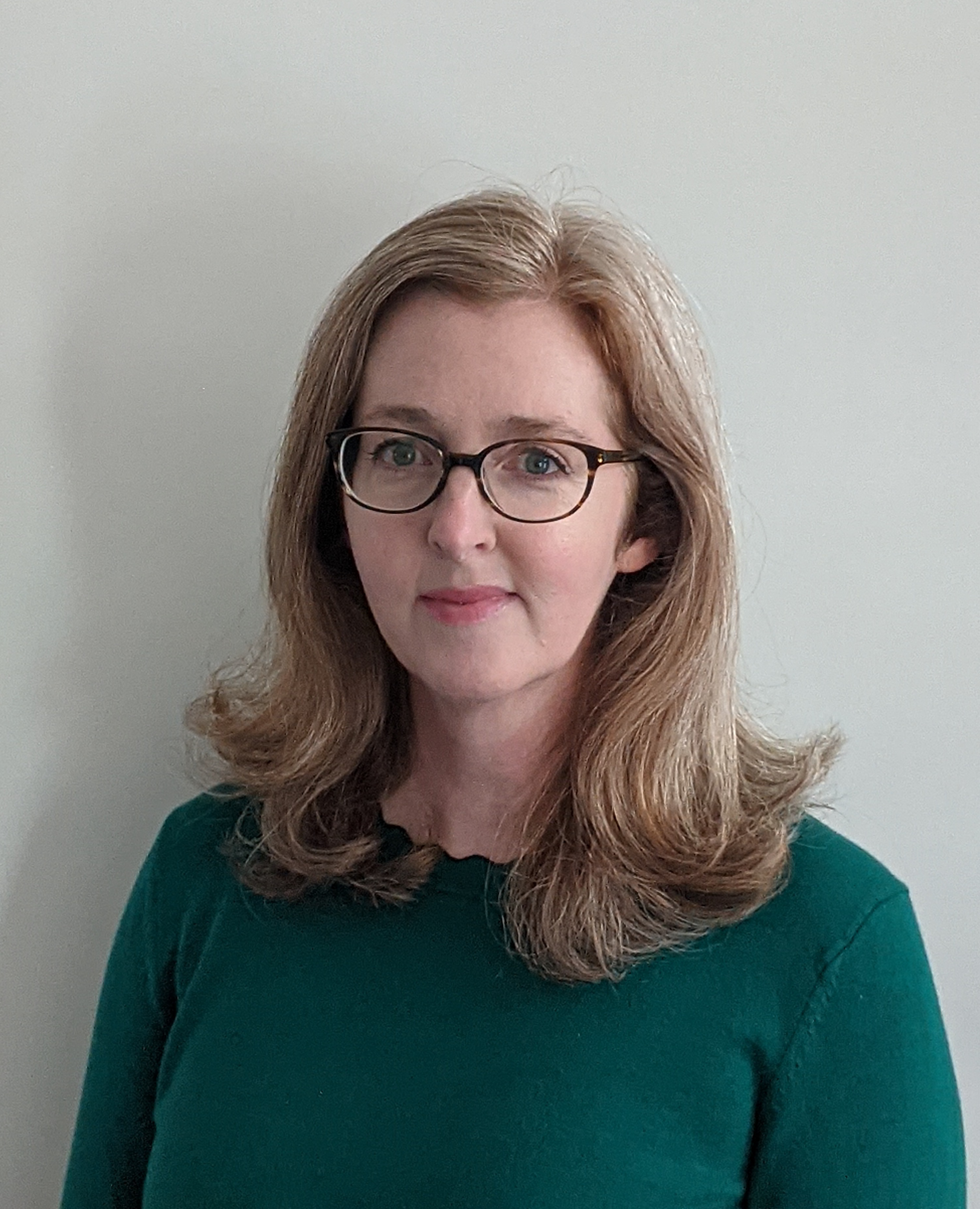Presentation ID #01: Click here to view the presentation.
Background: While work in palliative and hospice care can be a rewarding experience in helping those suffering with complicated and terminal illnesses, it can also expose those involved to significant work stress, potentially leading to burnout. These clinicians are especially vulnerable to frequent exposure to traumatic situations due to the high density of complicated patients under their care, placing them at risk for burnout.
Objective: The objective of this quality improvement project was to better understand burnout levels in palliative nurse practitioners and nurses in a large inpatient, academic hospital system and to determine the feasibility and effectiveness of implementing mindfulness meditation to reduce burnout levels.
Methods: The Maslach Burnout Inventory (MBI) was used to assess burnout pre and post implementation of a brief, self-guided mindfulness intervention via smartphone application. The intervention was performed individually, remotely, and asynchronously with volunteers. A total of 12 palliative care nurse practitioners and nurses volunteered from an inpatient palliative care group within a large healthcare system in North Carolina. Microsoft Excel and StataCorp v.16 were used to help organize and analyze data. Wilcoxon matched-pairs signed-ranks test was performed, and exact probabilities were reported due to sample size < 200.
Results: Study findings revealed a statistically significant decrease in emotional exhaustion (Pre: 2.2; Post: 1.5; p=.016) domain on the MBI. The depersonalization domain (emotional disconnect) score did not show a statistically significant decrease in the post-intervention score, but a numerical decrease was reported (Pre: 0.82; Post: 0.65). The personal accomplishment domain score did not show any significant change (Pre: 4.6; Post: 4.5). The reflective questions indicated that many participants felt the mindfulness exercise was feasible, tended to feel calmer, were more relaxed, and were satisfied with the intervention.
Conclusion: In conclusion the mindfulness intervention was valuable to those who participated and had efficacious results. The information gained from this project is vital to better understanding burnout in palliative clinicians given its consequences are detrimental to healthcare systems, patient care and clinicians themselves. By developing evidence-based interventions and training, burnout could be prevented, thereby promoting longevity and satisfaction of clinicians in palliative care. If burnout can be eased, seasoned clinicians can be retained, leading to reduced financial burden on the healthcare system and improved patient care and satisfaction.

Rachel Snyder is an adult nurse practitioner with 16 years of clinical experience caring for adult and geriatric patients. She earned her Bachelor of Science degree in Nursing from East Tennessee State University in 2001 and earned her Master of Science in Nursing with a focus on adult / geriatric nurse practitioner from University of North Carolina at Greensboro in 2004. She will soon graduate from the Doctor of Nursing Practice program at the University of North Carolina Charlotte in Spring 2021. Her DNP project focus was on assessment of burnout in palliative care clinicians with implementation of a brief mindfulness intervention. She has spent the last 7 years inpatient palliative care, with nearly 14 years in total working with the hospice and palliative care population. Across her clinical career she has cared for hospice and palliative patients in the home, nursing facilities, in-patient hospice units and the acute care hospital setting. She currently serves as a chief nurse practitioner within her specialty palliative group. She helped form the palliative care track of the advanced practice provider fellowship at Atrium Healthcare and was co-director for 4 years. She has mentored numerous new clinicians, fellows, and students during her career. She is a member of the Hospice and Palliative Nurses Association and carries her ACHPN (Advanced Certified Hospice and Palliative Nurse) certification. Rachel is dedicated to the hospice and palliative care population and plans to continue her work to ensure quality, patient centered care at end of life.
